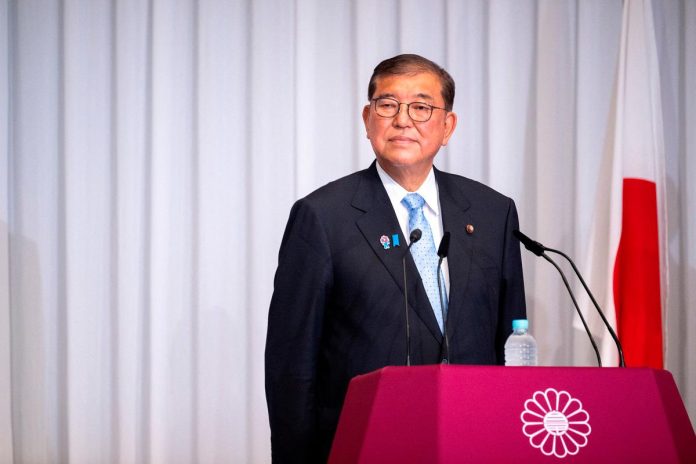TOKYO: Japanese Prime Minister Shigeru Ishiba has vowed to stay in power despite a crushing defeat in upper house elections, with opposition parties considering a no-confidence motion and internal dissent growing within his ruling coalition.
Speaking at a press conference, Ishiba emphasized his commitment to addressing urgent economic challenges, including rising consumer prices and looming US tariffs set to take effect on August 1. “I will stay in office and do everything in my power to chart a path toward resolving these challenges,“ he said.
Analysts, however, suggest his leadership is increasingly precarious. The ruling coalition lost its majority in the upper house, securing only 47 seats—short of the 50 needed—while opposition parties advocating tax cuts and stricter immigration policies gained ground.
“The political situation has become fluid and could lead to a leadership change or the reshuffling of the coalition in coming months,“ said Norihiro Yamaguchi, lead Japan economist at Oxford Economics.
Investors worry that Ishiba’s weakened position may force concessions to opposition demands for tax cuts and welfare spending, despite Japan’s status as the world’s most indebted nation. The prime minister dismissed calls to expand his coalition but pledged to engage with opposition parties on inflation concerns.
Meanwhile, the far-right Sanseito party made significant gains, securing 14 additional seats. The party, which gained traction through anti-immigration rhetoric and conspiracy theories, signals a potential shift toward populism in Japanese politics.
Opposition leader Yoshihiko Noda of the Constitutional Democratic Party (CDPJ) hinted at a no-confidence motion, citing a lack of public trust in Ishiba’s government. Senior members of Ishiba’s own Liberal Democratic Party (LDP) have also questioned his leadership, with former PM Taro Aso reportedly opposing his continuation.
As Japan’s chief tariff negotiator heads to Washington for talks, the political and economic uncertainty deepens. – Reuters








